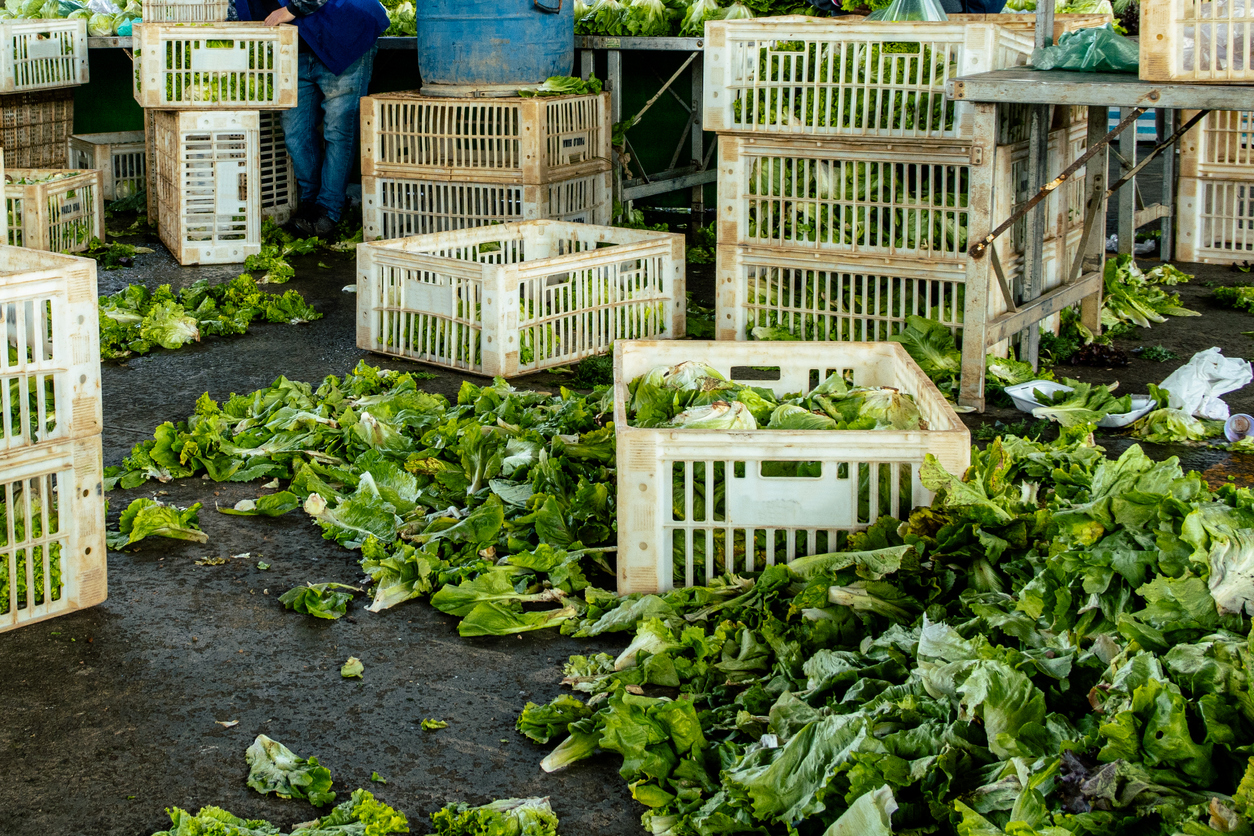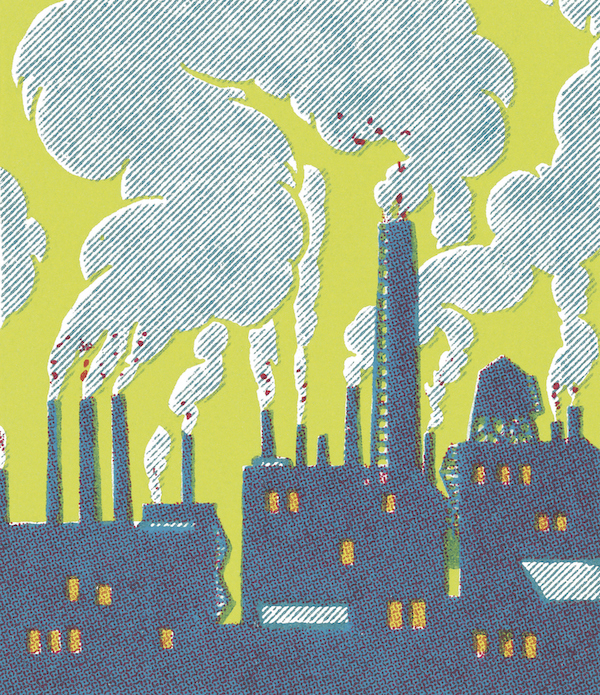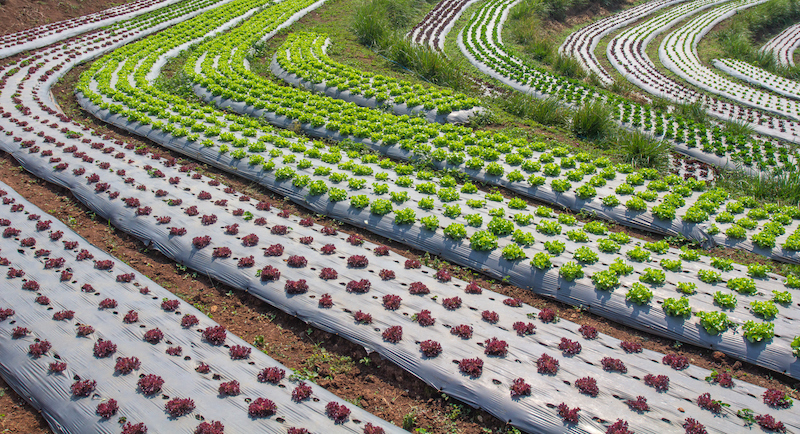Could mycoforestry help feed the world and save the planet?

Farming and forestry have historically been at odds, with 4.7 million hectares of woodland being felled annually to make way for livestock grazing and crops. But a form of permaculture known as mycoforestry offers a neat solution: use tree-dwelling mushrooms to replenish forests, and then eat the mushrooms.
According to a recent paper published in The Proceedings of the National Academy of Sciences (PNAS), adopting mycoforestry on a wide scale would help stem deforestation, nourish soil health and sequester carbon – all whilst producing protein-rich edible mushrooms.
We invited the lead author, Professor Paul Thomas, to explain his findings and their wider implications on the Food Matters Live podcast. Below, we’ve summarised the key points from that discussion:
The problem: farming vs. forestry
According to the United Nations, agriculture is responsible for around 80-90% of deforestation globally and represents the leading cause of biodiversity loss. The environmental costs are profound and far-reaching, fuelling planetary warming, soil erosion and climate instability. It’s a vicious and unsustainable cycle, one where we destabilise the climate to feed the planet, undermining our ability to feed the planet.
“There’s this negative feedback loop where we have to fell more trees just to sustain current agricultural production. But the more trees we lose, the more instability we have in our climate. In turn, this risks agricultural production and means we must clear more land and trees to grow crops. ”
The solution: mycoforestry explained
Mycoforestry is an ecological approach to forest management where edible mushrooms are cultivated around living trees. The technique marries farming and forestry seamlessly, nourishing trees whilst boosting food production.
It involves inoculating trees with mycorrhizal mushrooms – fungi that exist symbiotically with host trees and help extend their root systems within the soil. Far from being parasitic, the trees that mycorrhizal mushrooms tap into are generally more resistant to disease and droughts owing to their extra nutrient networks.
Better still, numerous species of these tree-dwelling mushrooms are edible and highly sought after by the food industry. Some examples include truffles, chanterelles, porcinis and saffron milk caps – the kind used in the study.
“Mycorrhizal mushrooms are a group of fungi that collect around the base of trees and tap into the associated root system… in return for sugars, the fungus provides the tree with more nutrition and water than it could normally extract from the ground on its own. ”
Benefits and challenges
Mycoforestry is both carbon-negative and nature-positive, protecting biodiversity, mopping up carbon and offering a financial incentive for planting new trees. The paper estimates that it could sequester a staggering 858kg of carbon per kg of protein produced at its most efficient.
And then there’s the potential for protein production. Professor Thomas estimates that mycoforestry would yield anywhere from 1000 – 3000 kilos of edible mushrooms per hectare, with each mushroom having a protein content of around 20%.
“Through mycoforestry, we can begin to stem deforestation, help with rainfall patterns globally, protect biodiversity and achieve greater food stability. It ticks so many boxes.”
Going forward, there are challenges to be navigated in scaling mycofrestry. For a start, the yields are relatively small compared to industrial farming, although the wider environmental benefits should be kept in mind here. Mushroom crops are particularly vulnerable to animal predation, which could present challenges to prospective mycofarmers.
Last but not least, mycofrestry doesn’t lend itself to mechanisation, requiring people to harvest the mushroom crops by hand. But Professor Paul says this could also be framed as a benefit because it would create jobs for those in rural areas.

















